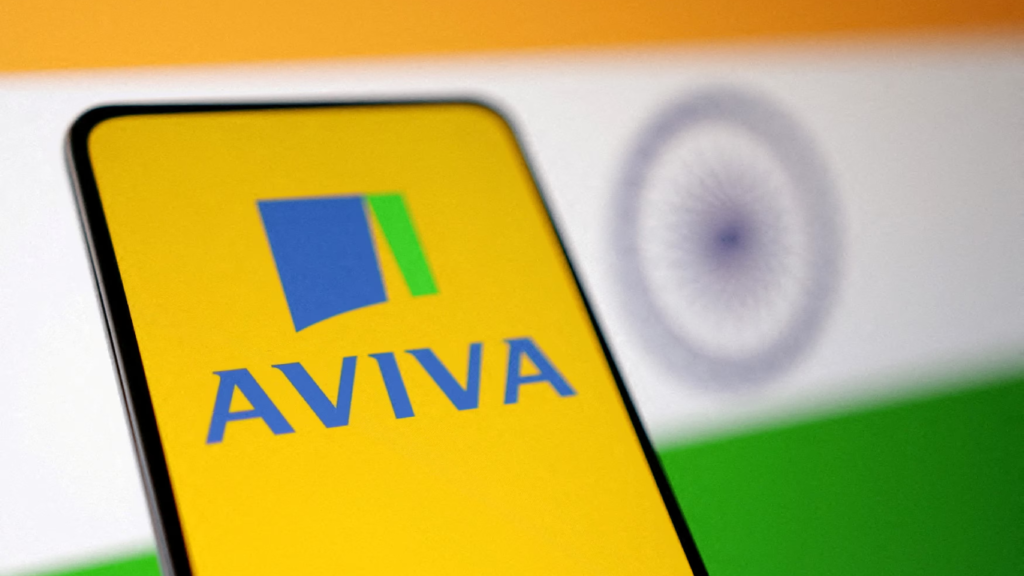Table of Contents

Aviva India Ordered to Pay $7.5 Million in Back Taxes and Penalties
Tax Evasion Allegations and Penalty
Indian tax authorities have ordered Aviva’s India unit to pay $7.5 million in back taxes and penalties after an investigation found the company engaged in fraudulent invoicing to pay illegal commissions and claimed incorrect tax credits.
The penalty is significant for Aviva India, which reported a post-tax profit of only $10 million in the 2023-24 financial year.
Illegal Commission Payments and Fake Invoices
Between 2017 and 2023, Aviva India allegedly paid approximately $26 million to vendors who were supposedly providing marketing services. Authorities determined that these vendors were merely a front to funnel excess commissions to Aviva’s agents beyond regulatory limits.
The investigation found that Aviva used a system of fake invoices and cash payments to claim incorrect tax credits, resulting in an estimated tax evasion of $5.2 million.
Regulatory Findings and Ruling
Following Aviva’s defense, Joint Tax Commissioner Aditya Singh Yadav ruled that the company had evaded approximately 326 million rupees ($3.8 million) in taxes. The ruling mandates a 100% penalty, bringing the total payable amount to 653 million rupees ($7.5 million).
In his order, Yadav stated that the vendors were “puppets” used by Aviva to secure fraudulent tax benefits and that they were selected as a “face mask to conceal the game of input tax credit.”
Aviva’s Response and Appeal Plans
Aviva India has denied any wrongdoing, maintaining that the allegations are “incorrect and unsustainable.” The company insists that the vendors were legitimate and provided actual services.
In a statement to Reuters, Aviva India announced that it plans to contest the order through an appeal and assured that the ruling would not affect its operations.
Role of Dabur Invest Corp.
Aviva India operates as a joint venture with Dabur Invest Corp., which holds a minority stake in the business. Aviva owns 74% of the venture after increasing its stake from 49% in 2022. Dabur has not responded to requests for comment regarding the ruling.
Evidence from Tax Investigation
The tax investigation included screenshots of emails and messages exchanged between Aviva executives and insurance distributors discussing methods to circumvent compensation regulations using fake invoices. Authorities also uncovered evidence of Aviva hiring “agent mentors” who did not perform training services but instead issued fake invoices to facilitate excess commission payments.
Long-Term Implications
Reports suggest that this model of paying unlawful commissions was in use internally since 2013 and was approved in writing by Aviva’s top executives in India. The case highlights the increasing regulatory scrutiny in India’s insurance sector and the potential for stricter enforcement against financial misconduct in the industry.
“Aviva India Ordered to Pay $7.5 Million in Back Taxes and Penalties” “Aviva India Ordered to Pay $7.5 Million in Back Taxes and Penalties” “Aviva India Ordered to Pay $7.5 Million in Back Taxes and Penalties” “Aviva India Ordered to Pay $7.5 Million in Back Taxes and Penalties”